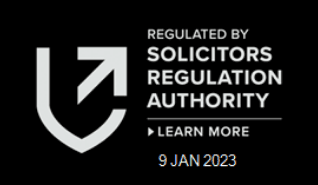It is now just over a year since the law changed as to how a landlord can validly end an Assured Shorthold Tenancy. A timely reminder then on this important topic. A S.21 Notice (Housing Act 1988) must be served on the tenant to end the tenancy where the tenant is not in breach of any of its obligations. If the tenant is in breach, a landlord has a choice of serving a notice under S.8 or S.21. For the purpose of this note, we are only focusing on S.21 notices. The end date specified in the S.21 notice will either be the expiry of the tenancy agreement or an earlier landlord’s break date. A minimum of two months’ notice must be given.
The important point to note is that for AST’s completed on or after 1 October 2015, a S.21 notice will not be valid unless the tenant has been given:
- An energy performance certificate
- A gas safety certificate
- A “How to rent” booklet
To avoid future disputes, tenants should be issued with the above papers at the start of their tenancies.
Landlords routinely used to serve S.21 Notices at the outset of the tenancy – just in case they forgot to do this towards the end of the tenancy. It is now no longer possible to serve a S.21 notice within the first 4 months of the start of a tenancy – unless that tenancy started before 1 October 2015.
If you need to start possession proceedings if a tenant fails to vacate, landlords must now do this within 6 months of serving the S.21 notice otherwise the notice lapses.
There are other changes too – for example dealing with tenants who have made certain complaints – but the above requirements comprise most of the key changes introduced last year.
Landlords, or managing agents on their behalf, must ensure everything outlined in this note is done correctly otherwise they may find tenants can lawfully outstay their welcome.
This information is published for general information and should not be relied upon without legal or other professional advice.
Julian is head of the Commercial Property Department. He was educated at the University of Leeds and had many years professional experience at one of the largest Central London law firms before joining PCB in 1995. His specialisms include the acquisition and disposal of investment property (both commercial and residential), portfolio purchases and sales, landlord and tenant transactions, secured lending and development work. Julian also acts on corporate and business transactions, mainly on share sales or acquisitions involving real estate.
← MIND THE (REGISTRATION) GAP




